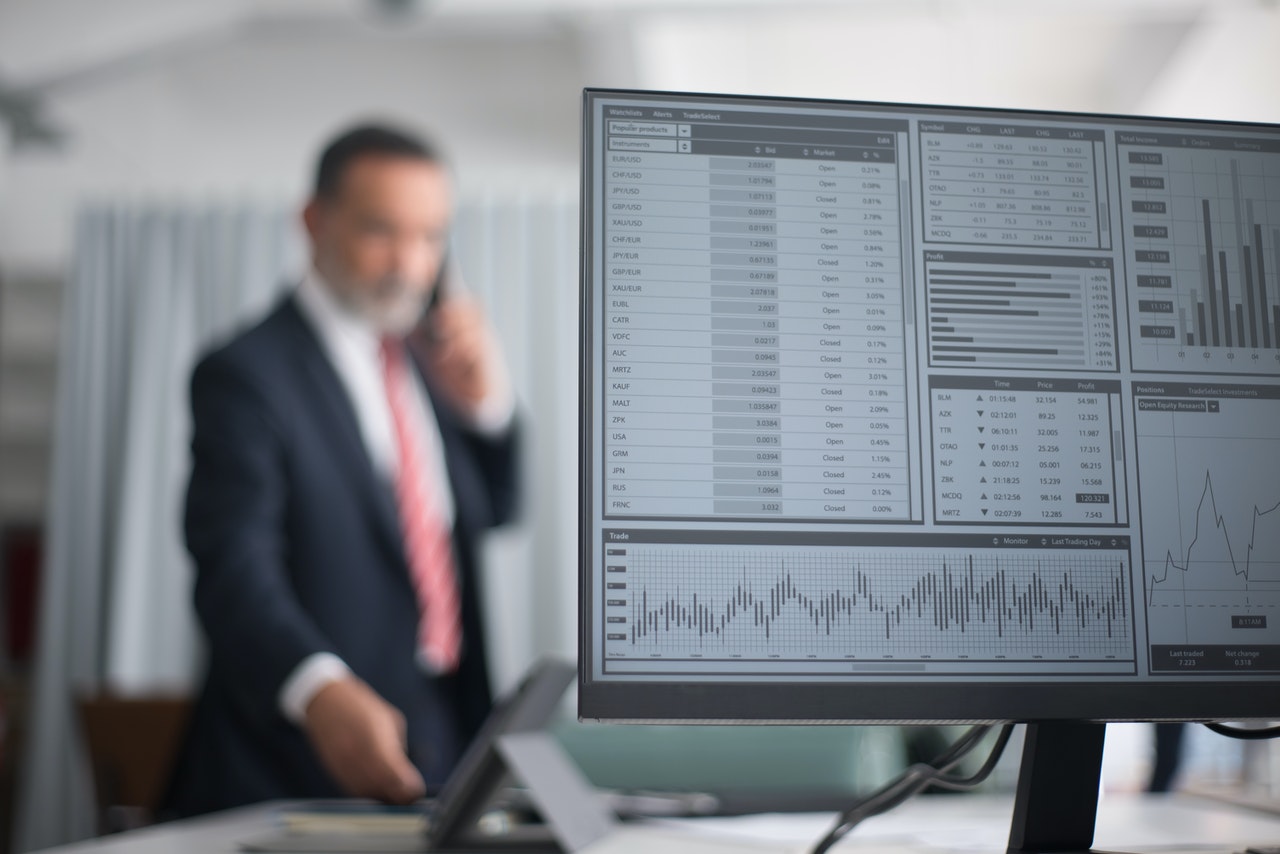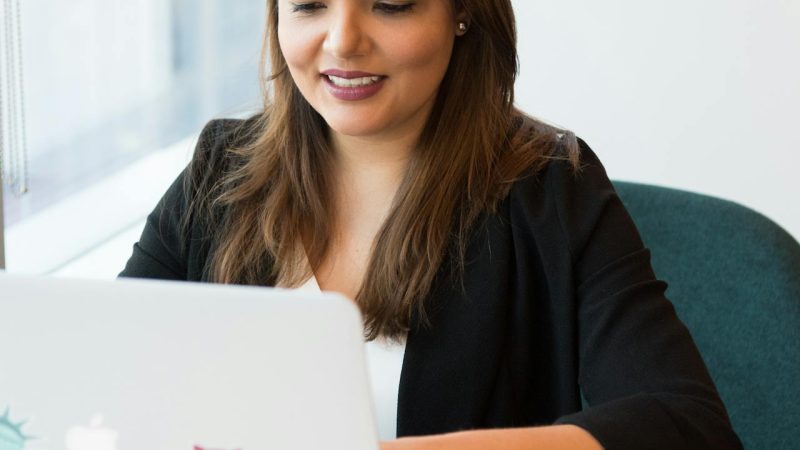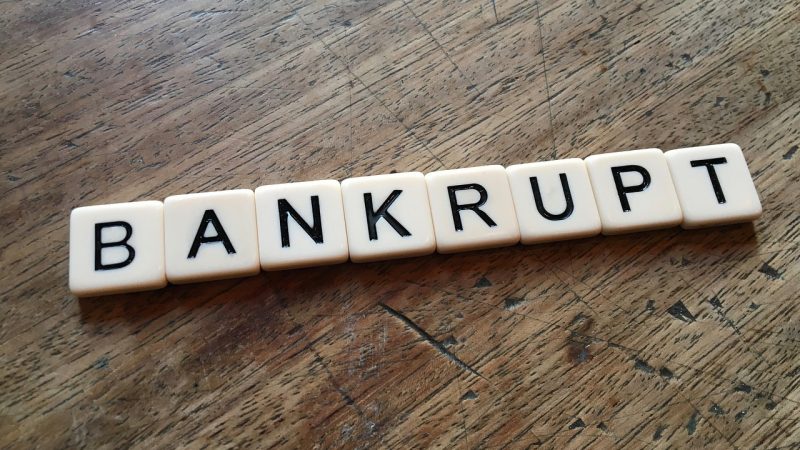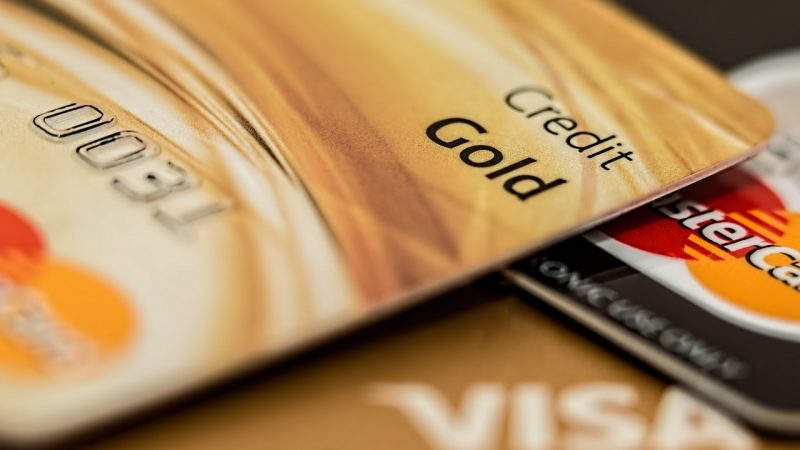Online Banking Tips That Will Keep Your Bank Account Secure

Despite being very convenient, online banking still has some risks involved. Your identity or bank account information could be compromised if you’re not careful. Furthermore, when transacting on line, you should know the choices you make, since some of those choices could put you in greater danger. There are many things you can do to make sure your personal information is secure while you do your banking online. However, one of the most important things you can do is keep yourself aware of the latest news regarding Internet banking safety issues.
Even businesses are increasingly relying on secure and efficient methods to handle transactions and make it safer for their consumers. From e-commerce stores to service providers, ensuring the safety of online transactions is paramount. Implementing robust encryption, multi-factor authentication, and regular security audits are essential practices for safeguarding sensitive financial data. Businesses often leverage reputable payment gateways to enhance transaction security.
Moreover, as a strategic measure to mitigate risks associated with online transactions, some businesses opt to open a second merchant account. This approach not only provides a backup for processing payments but also adds an extra layer of security, allowing businesses to segregate transactions and manage potential risks more effectively. As the digital landscape continues to evolve, adopting these proactive measures becomes integral to maintaining the security of bank accounts in the online realm.
Here are some of the top online banking tips that can help you stay safe while you do your banking online. By taking the time to implement these tips, it will be easier for you to keep your financial information safe. These are also some helpful tips to follow when using an Internet bank so that your bank information is as secure as possible.
First of all, see to it that you have a good internet provider. Slow internet can hamper your work, so make sure you have good speed (you can use test my internet speed or similar websites to check it). Also, don’t share your public wifi connection. Many online banks operate their servers from public WiFi spots. If you use a public hotspot at work or use public wifi at coffee shops, you should be aware that your information could be vulnerable to hacking.
Moreover, if you are using a computer or a laptop for online banking, you should also check whether your external ports are connected or exposed to unknown applications that could potentially make the device easier to hack. If this is something you want to do, there are plenty of online blogs that might help. For instance, Linux users can head to the Linode website to learn more about external port safety regarding their operating systems. Also, hackers can monitor your transactions and send you advertisements that are more than you intended. Hence, even if you don’t think your computer is actually being hacked, it’s always a good idea to run an antivirus program just to be safe.
Be cautious with what you write on your banking login. Your banking password is often written on pieces of paper or marked on a computer so that even if someone were to snoop around, they would have no way of figuring out the code. When you give your password to someone, they don’t have access to your bank account unless they have the proper account password. This is why it is important to always write your banking password on a piece of paper or somewhere that can’t be hacked.
Use passwords wisely. You should never use your real name when you set up your online banking account or enter any other sensitive information. As mentioned earlier, hackers can monitor your transactions, but if you really want to be anonymous, use a strong password. This is one of the most basic online banking tips that people should follow, but it can make a big difference in keeping your bank account secure.
Use proxies as required. Phishing attacks and IP-based attacks are few of the ways in which hackers attempt to steal your financial information while you make a transaction online. Now, with the advancement of IPv6 (Internet Protocol version 6), along with faster connection, an extra layer of security is maintained by hiding the IP address of the particular user. As such, by using an ipv6 proxy, it prevents hackers and websites from identifying the user and tracking their IP address.
Always check to see if your bank has an official mobile banking app. The official mobile banking app is not only designed for the iPhone or Android devices that many people have grown accustomed to using, but it can actually transfer funds to your bank account. This means that if you’re transferring money to your account from your home computer to the bank’s computer, you don’t have to do anything different, except open up the bank’s mobile banking app. This is one of the easiest ways to keep your bank account secure and if you ever need to transfer funds from an ATM, you’ll be able to do so quickly and easily as well, which will save you time and frustration.






